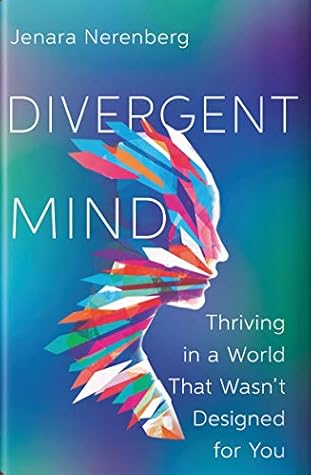More on this book
Community
Kindle Notes & Highlights
Started reading
July 19, 2024
Slowly, I allowed my mannerisms and gestures to match those I witnessed around me and the messages I was getting—namely, don’t ask too many personal questions, don’t talk too much, don’t deliver essay-length monologues on philosophical topics.
This is because “what is moderately arousing for most people is highly arousing for HSPs.”
that HSPs have a longer “pause to check” time, that is, they respond to new information by taking time to scan for nuanced details and thus take longer to reach conclusions or process information.
Feeling an overall sense of “regulation” is what many sensitive neurodivergent women are after, as anxiety is so common.
“The crying is a neurological reaction,” she says of her previous meltdowns. “So it isn’t caused by emotions; it’s caused by the brain being overstimulated. It’s the weirdest thing because in my mind I know I’m fine, but I can’t control the crying. In my mind I tell myself I’m okay, but my brain has had so much input that I can’t take it anymore.”
she’s invited to go to the zoo, she immediately imagines the heat, sounds, animals, and crowds of people.
neurodivergent folks are affected more intensely by sound than neurotypical individuals.
Recent research into sound and well-being suggests that extreme low frequency sounds, like the hum of a refrigerator, and extreme high frequency sounds, like a car horn, trigger our nervous systems into fight-or-flight states.


